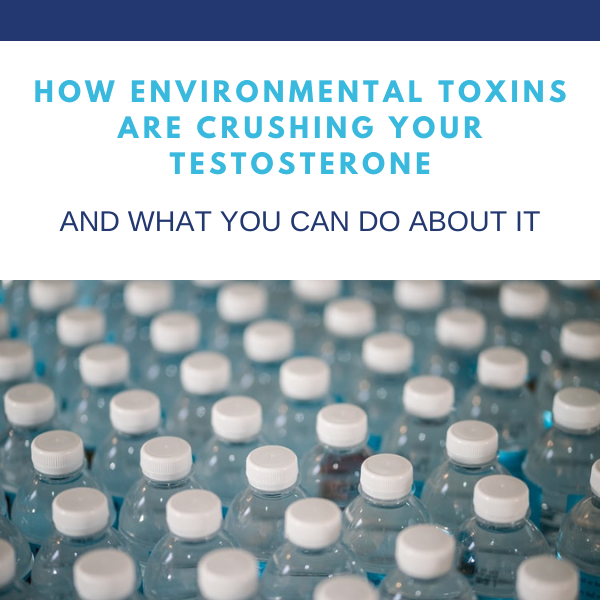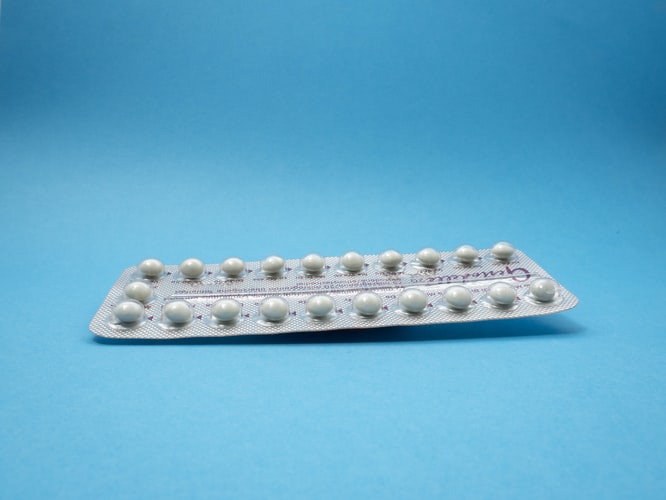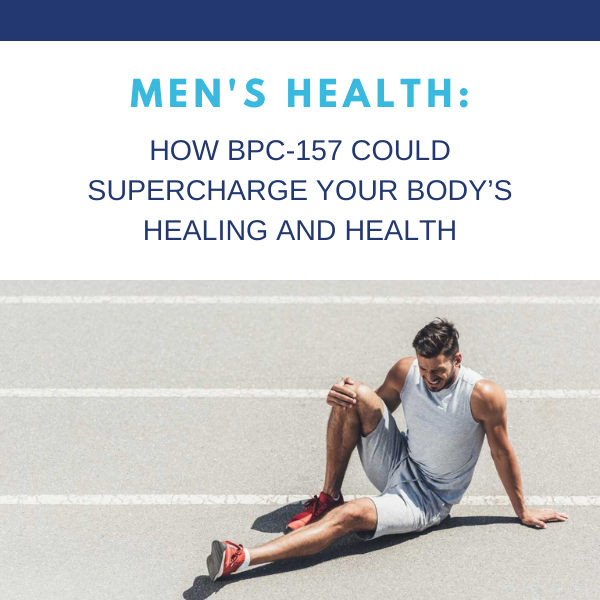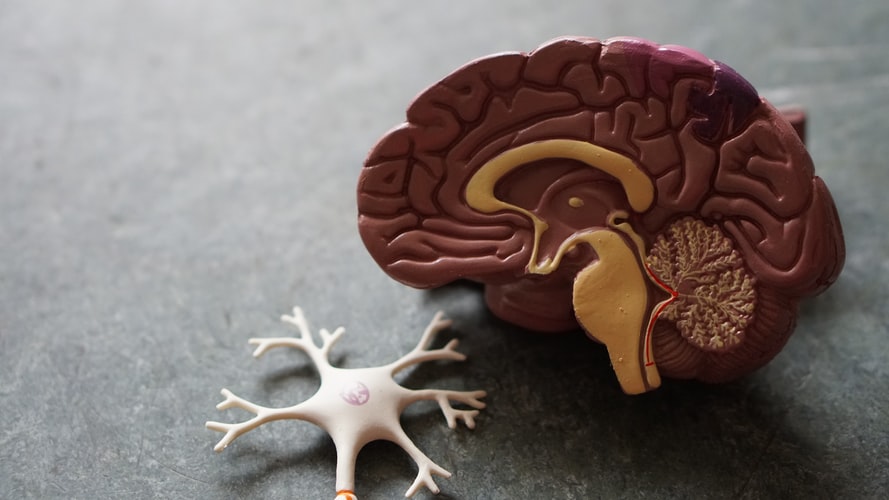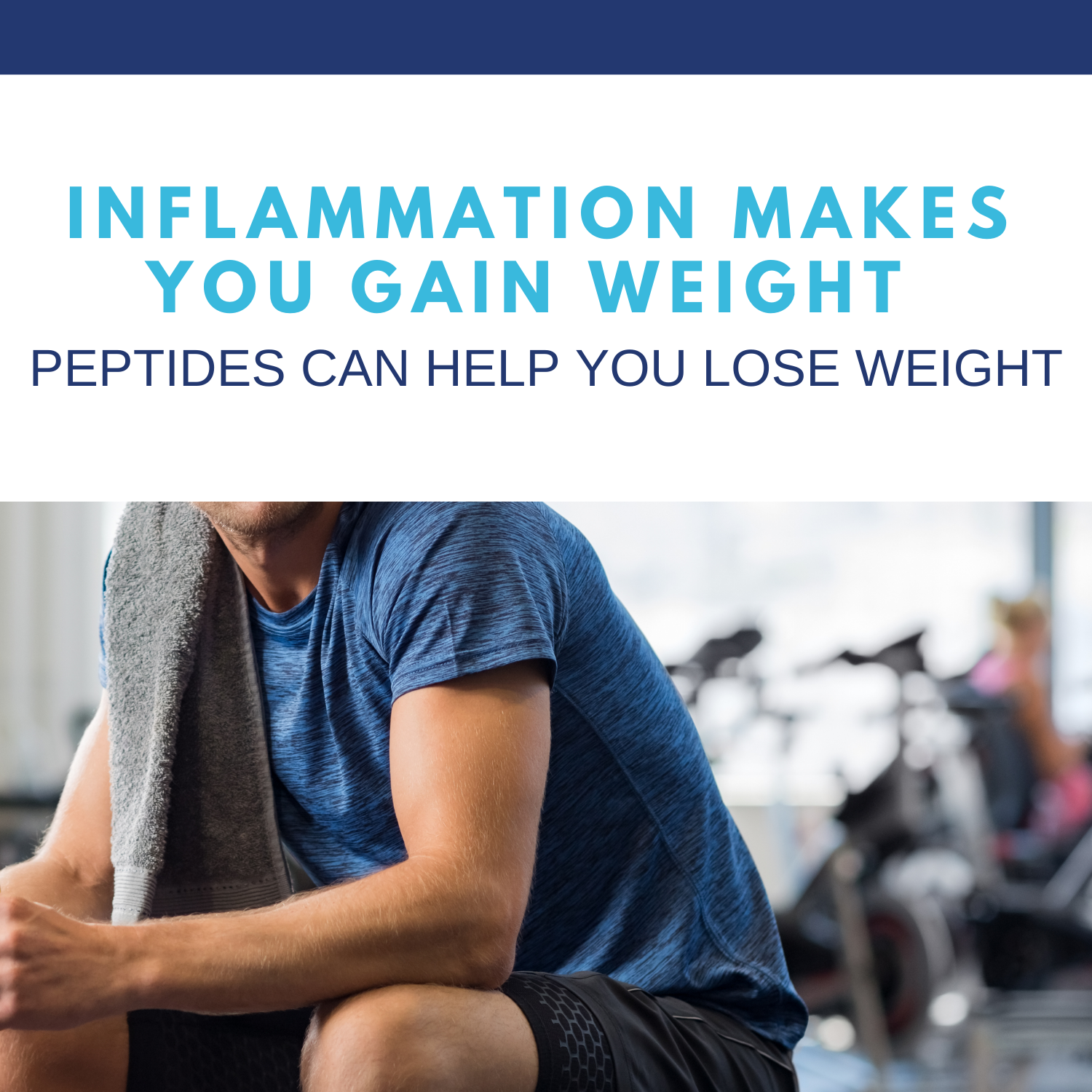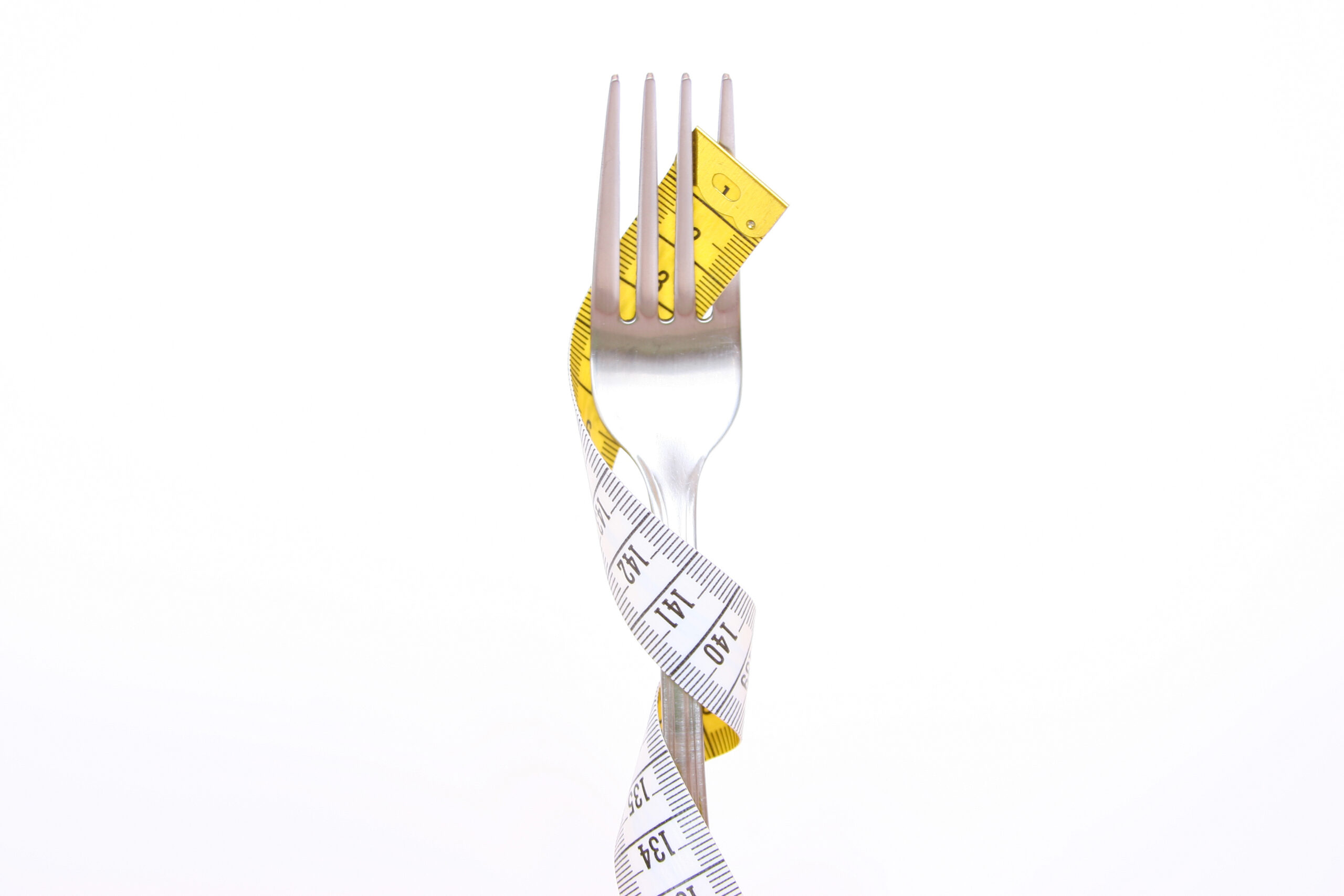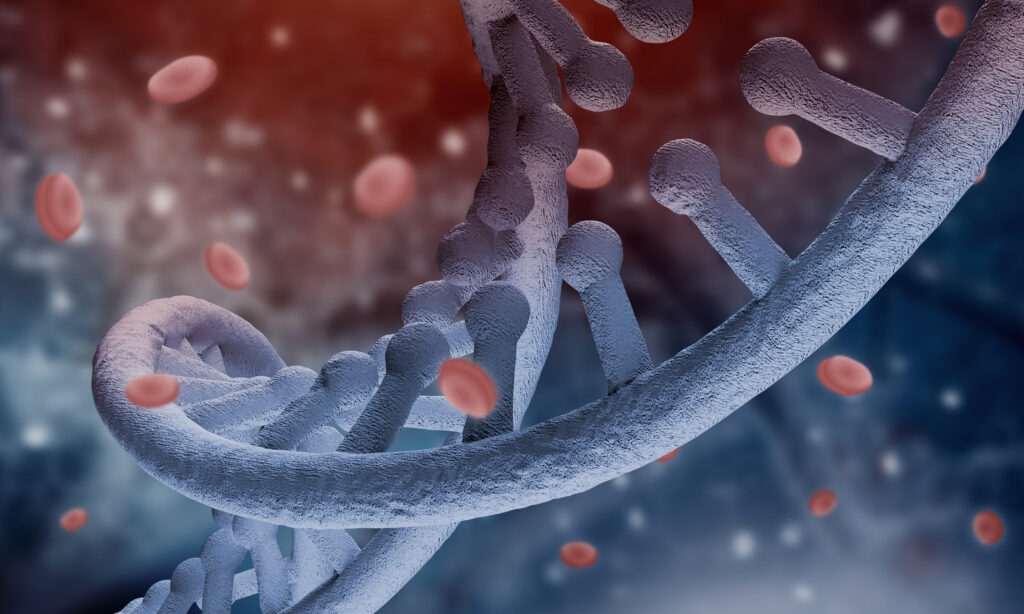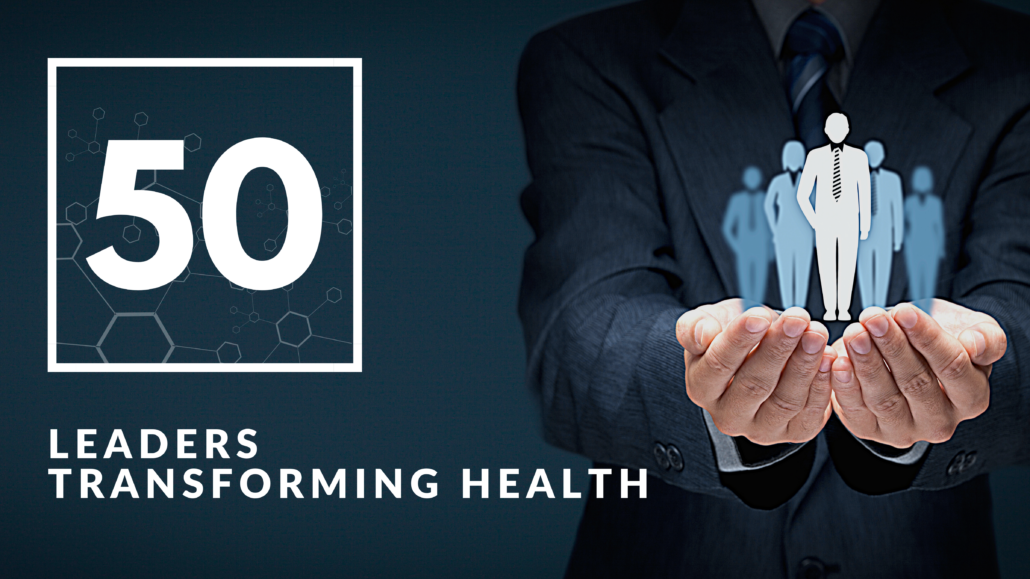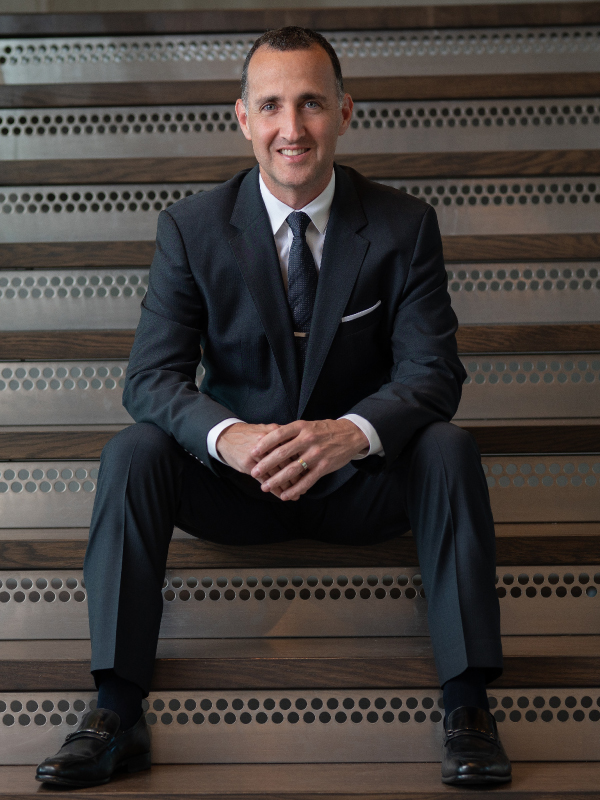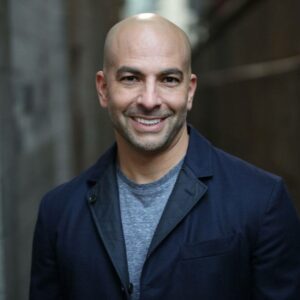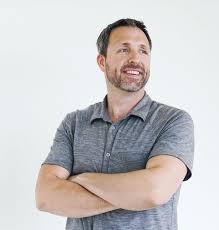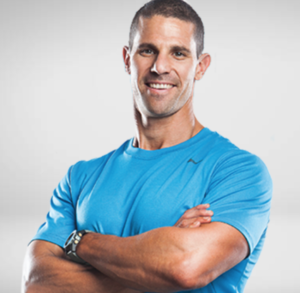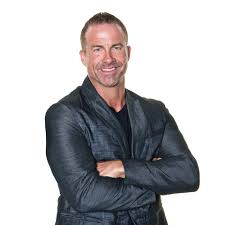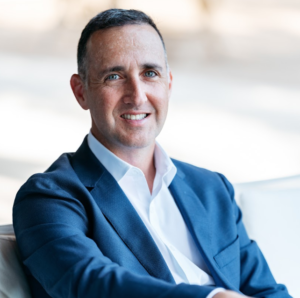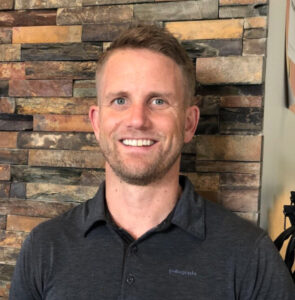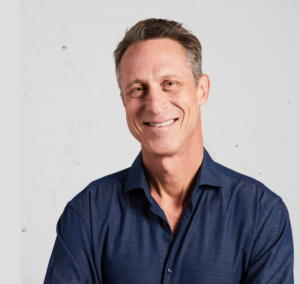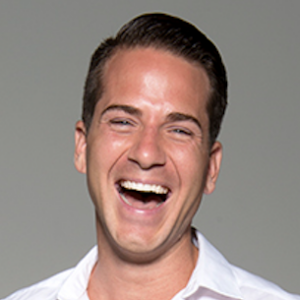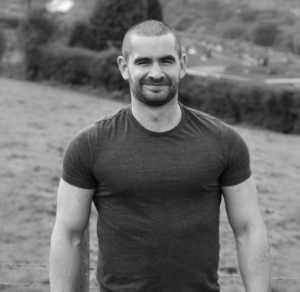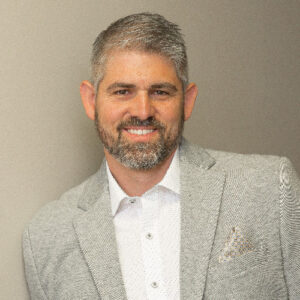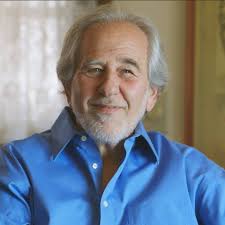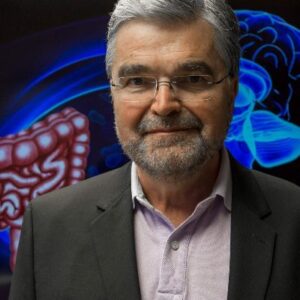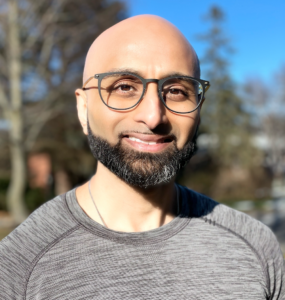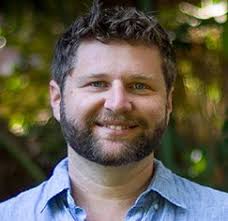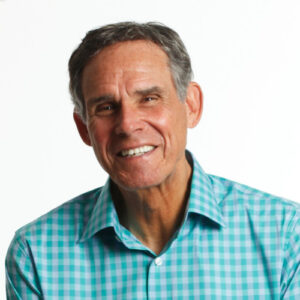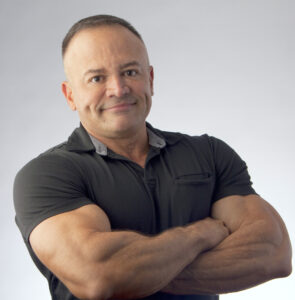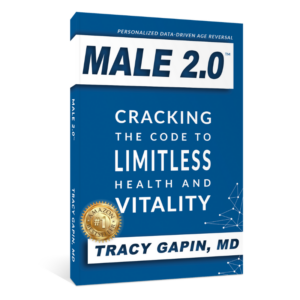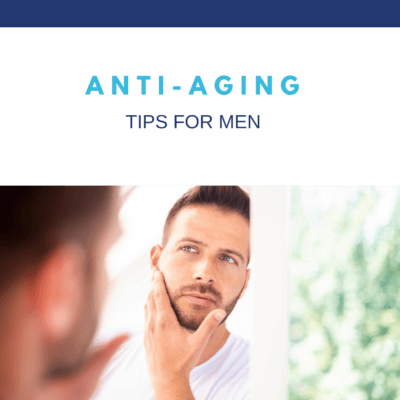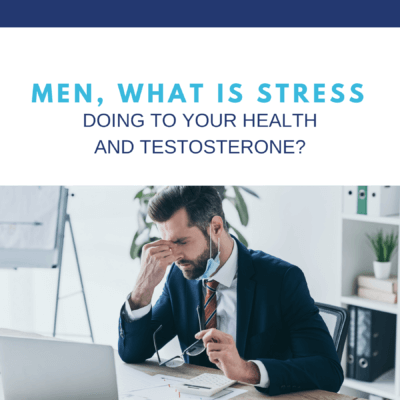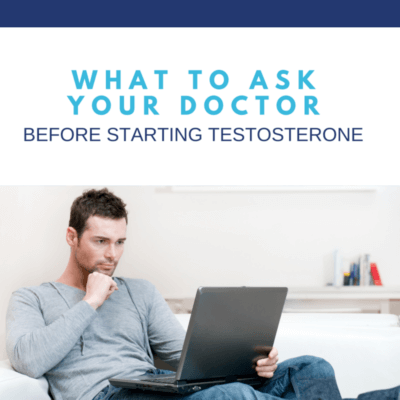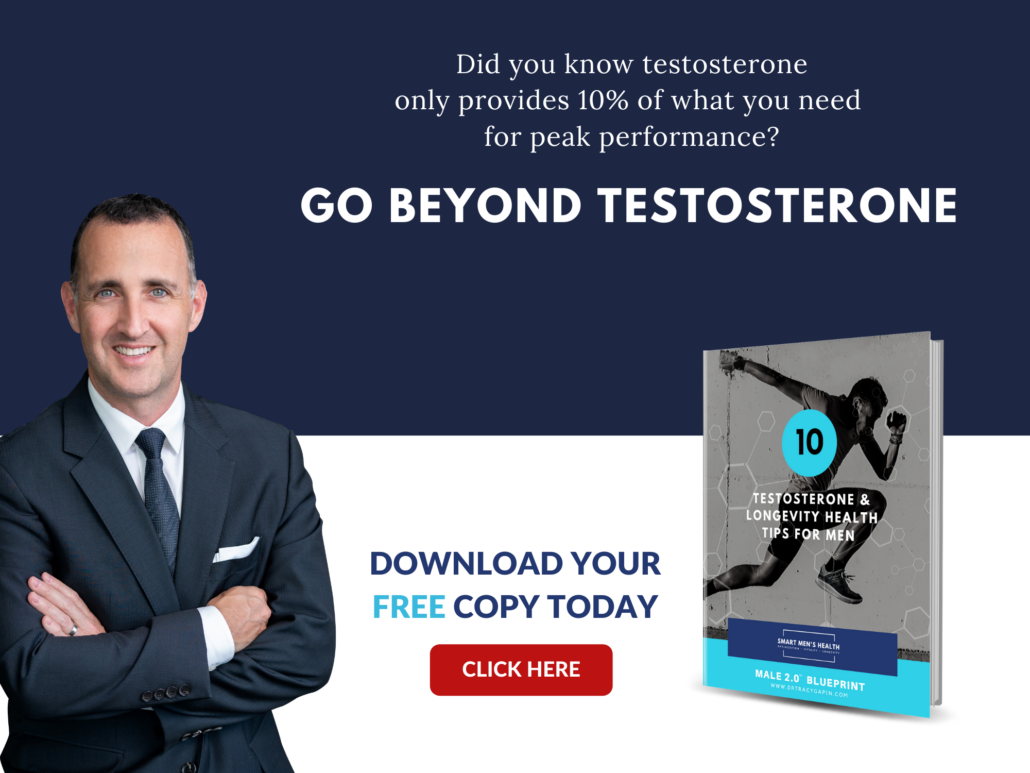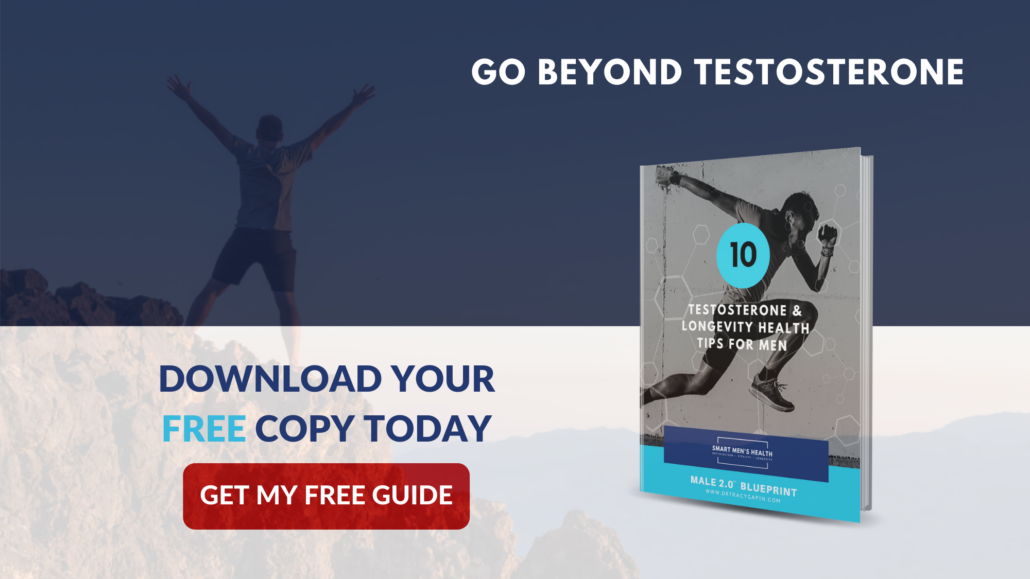
Traditional doctors approach aging as something that is imminent, unavoidable, and uncontrollable. Their goal is to merely treat your age-related symptoms as they pop up, like a medical version of whack-a-mole.
But I view aging VERY differently.
Science has shown us that there’s a lot we can do to slow, and actually reverse, the course of your aging process. That’s because healthy aging is NOT about hitting the genetic jackpot. Instead, it’s about adopting preventative strategies that slow the cellular processes associated with aging, improve your immune system, prevent disease, and ultimately boost your sense of youth and vitality.
How Inflammation Impacts Aging
There’s one factor that dramatically speeds up the process of aging – inflammation. In fact, chronic inflammation underlies nearly every disease associated with aging, including hypertension, cardiovascular disease, dementia, arthritis, cancer and diabetes, just to name a few.[1]
Chronic inflammation may not directly cause aging per se. Rather, it acts like gasoline, turning the normally smoldering embers of cellular degeneration into a raging fire that causes destruction throughout the body and brain. Inflammation wreaks havoc on your immune system, your gut health, your brain health and your mental wellbeing.
Unfortunately, our modern routines are riddled with factors that increase inflammation—from highly processed diets to a sedentary lifestyle to environmental toxins. But it doesn’t have to be that way. With a few tweaks to your daily regimen, you can smother the flames of inflammation and be on your way to living a long, energetic, disease-free life.
How to Reduce Inflammation and Promote Healthy Aging
1. Eat for Life
If you are like most people, your major source of inflammation comes served on your dinner plate. Eating a typical American diet high in omega-6 poly-unsaturated fats (think canola oil, safflower oil, etc.) , highly-processed oils (think ‘partially hydrogenated’ anything), and refined sugars all directly promote inflammation and increases your risk of disease. Conversely, eating a healthy diet reduces inflammation, boosts your immune system, and protects you against both infectious and chronic diseases.
Let’s break down the three key pillars that form the basis of a healthy, anti-aging diet.
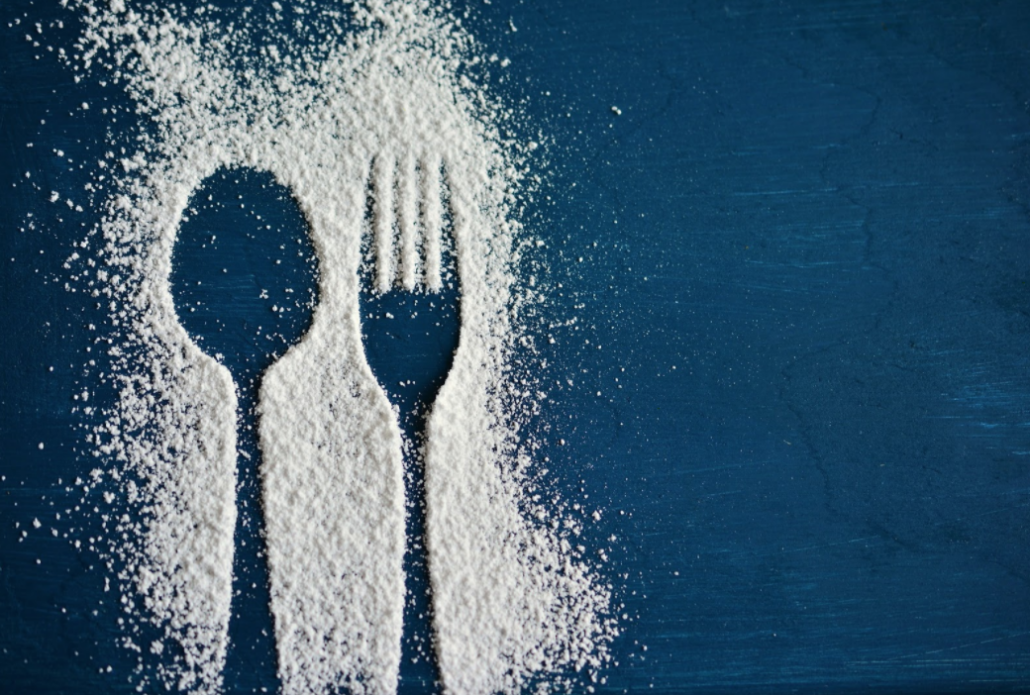
The first pillar involves choosing complex carbohydrates over simple ones.
Simple carbs are found in anything made with sugar, but they are also found in things we don’t consider sweet, like white bread, potatoes, pasta, white rice, pizza dough and pasta.
What makes simple (or refined) carbohydrates unique is that they’ve been stripped of all their fiber, bran, and nutrients. As a result, your body is able to quickly break them down into sugars, which sounds like a good thing but it isn’t. Eating simple carbs floods your system with sugar, resulting in body-wide inflammation
This sugar spike also triggers your pancreas to create a surge in insulin in order to clear the sugar from your bloodstream. But all that insulin makes you feel hungry again, which is why we tend to crave simple carbs rather than vegetables.
Over time, this dramatic rise and fall in blood sugar causes you to overeat, gain weight (especially dangerous belly fat), and develop insulin resistance (i.e., type-2 diabetes). It also causes unhealthy fluctuations in your mood and energy levels. And if that isn’t bad enough, a diet high in simple carbs puts you at greater risk for high blood pressure, heart disease, cancer, depression and bipolar disorder.[2, 3]
Simple carbs are also dangerous because they produce a particularly nasty substance called Advanced Glycation End Products (AGEs). AGEs are toxic molecules that form when protein or fat combines with the sugar in our bloodstream.[4]
When AGEs accumulate, they form a sticky, inflexible substance that clogs our blood vessels and coats our major organs, sometimes resulting in organ failure. AGEs promote oxidative stress, which is a fancy way of saying they make our cells old before their time. Scientists are just starting to discover the ways in which AGEs drive age-related illnesses, but what is clear is that consuming a healthy diet is the main way to keep these toxic molecule levels low.[5]
Now trying to quit anything cold turkey is hard, so instead of just cutting out sugars and simple carbs, think about replacing them with complex carbs.
- Swap out sugary desserts with fresh fruit like strawberries or apples.
- Switch white bread with wheat or even better, a lettuce leaf.
- Opt for brown rice, lentils, or an ancient grain like amaranth or quinoa versus white rice.
- Switch from regular pizza dough to a cauliflower crust. With a few creative tweaks to your diet, you are less likely to feel deprived and more likely to stick with your new eating habits.

The second pillar in an anti-aging diet is eliminating bad fats and incorporating good fats. In the 1980s, fat got a bad rap. Doctors argued that eating a diet high in fat skyrocketed cholesterol and caused heart disease.
But experts now recognize this assumption was wrong. In truth, there are good fats and bad fats and a key to anti-aging is knowing the difference.
Generally, fats fall into these broad categories:
- Trans fats: Trans fats are the worst kind of fats because they raise your LDL (bad cholesterol) and triglycerides and lower your HDL (good cholesterol). For this reason, the FDA started banning trans fats in 2018, but they can still be found in some food sources, including vegetable shortening, fried fast foods, and some brands of microwave popcorn.
- Omega-6 polyunsaturated fats: These are the fats found in oils such as safflower oil, sunflower oil, canola oil, soybean oil, corn oil, and most other oils that are used for cooking. Unfortunately, when you eat out at a restaurant, almost ALL of the foods are cooked using these oils. These fats stimulate your fat cells to produce cytokines, which are proteins that cause low-level, chronic inflammation. They have been linked to a number of age-related, inflammatory-based illnesses, including diabetes, heart disease, cancer, and arthritis.
- Omega-3 polyunsaturated fats: These are considered to be “heart-healthy” fats because they raise your HDL and lower your LDL, thereby protecting you against vascular diseases. These fats are found in fish, vegetables such as avocados, and healthy nuts.
- Monounsaturated fats: These are also considered to be the most “heart-healthy” fats. They reduce inflammation, promote cellular efficiency, and protect you from vascular disease. These fats are found mostly in olive oil, and healthy nuts such as almonds and macadamia nuts.
- Saturated fats: A diet high in saturated fats can increase your risk for developing heart disease and vascular disease, which is why most nutritionists recommend limiting saturated fats to no more than 10% of your daily fat intake.[6] Saturated fats are found in animal-based foods such as red meat, cheese, and dairy, as well as plant-based oils like coconut and palm oil. These oils are also commonly used in commercially produced baked goods like boxed cookies and crackers.
Both are types of the polyunsaturated fats (omega-3 and omega-6) are considered “essential fats” which means the body requires them for normal functioning. Our body doesn’t naturally produce these fats, which means the only way to get them is through our diet. But an important distinction is that omega-6s are pro-inflammatory and omega-3s are anti-inflammatory.
Omega-6 fats, like soybean oil, are far cheaper which means they are more likely to appear in processed foods. And since processed foods make up a significant proportion of the American diet, we as a nation are consuming too many omega-6s and not enough omega-3s.

The recommended ratio of omega-6 to omega-3 fatty acids in 4:1, but the Western diet ratio is more like 10:1 or even 50:1![8] This imbalance increases body-wide inflammation and negatively alters cell-membrane health.
To correct this imbalance, try to reduce the amount of omega-6s in your diet and boost the omega-3s. An excellent way to do this is to follow the World Health Organization’s recommendation to consume two servings of oily fish per week.
In fact, research shows people who eat seafood 1-4 times per week are less likely to die of heart disease or strokes.[9] You can also stock up on flaxseeds, chia seeds, walnuts, avocados, and grass-fed beef, which are all high in omega-3s.
Excessive saturated fats also promote inflammation, weight gain, and ultimately aging. Depending on your genetics (remember how important ‘epigenetics’ is?), some people can tolerate more saturated fats than others. But for some, consuming more than 10% of your fat intake as saturated fat can dramatically increase your risk for early ALzheimer’s Disease and cardiovascular disease.
But here is the good news—the negative impact of these fats can easily and quickly be reversed. One study found that after just two weeks of swapping out saturated fats with monounsaturated fats, cytokines were reduced and as a result, brain functioning was significantly improved.[7] So by making just a few simple swaps to your diet, you can quickly reduce inflammation, prevent disease, and enable your body and brain to age healthier.
The third pillar of an anti-aging diet is to “eat the rainbow,” which means eating a wide range of vegetables and fruits to ensure a wide range of vitamins and minerals.
Focus on incorporating dark greens (broccoli, watercress, kale) and brightly colored vegetables and fruits (red bell peppers, carrots, blueberries).
Supplements can also help you incorporate important nutrients into your diet. Research supports the use of several anti-aging supplements, including CoQ10 and Vitamin C (to learn more, check out my article on the 7 supplements every man should be taking).

2.Keep Moving
What you put into your body is only half of the anti-aging equation; just as important is what you do with your body. Exercise isn’t just a solution for weight loss. It actually equips your body with the tools it needs to successfully navigate the aging process.
With the rise of wearable tech, there has been an emphasis on counting the number of daily steps to improve health, but there is no scientific evidence to support the well-known “10,000 steps a day” rule. Instead, what you should be focusing on are the minutes you spend each day in your target heart rate.
Heart Rate Matters
Your target heart rate varies depending on your age. First, you need to calculate your maximum heart rate (MHR), which is 220 minus your age. So a 40-year old man would have a MHR of 180.
The key to heart-benefiting exercise is to work out at the proper intensity and duration. In terms of intensity, you want to exercise hard enough to raise your heart rate, but not so much that it reaches all the way up to your MHR.
Moderate aerobic activity is generally defined as 50-70 percent of your MHR. So in the case of our 40-year old man, that would be a heart rate range of 90-126.
Vigorous aerobic activity is defined as 70-85 percent of your MHR, which for a 40-year old man would be 126-153. Either way, you should always avoid going over the 85 percent upper limit since it offers no health benefits and can actually strain your heart.
In terms of duration, the Mayo clinic recommends you strive for at least 150 minutes of moderate aerobic activity—brisk walking, swimming, yard work and household chores—per week, but you could go all the way up to 300 minutes for maximum benefit.[10] If instead you prefer vigorous aerobic activity—running, aerobic dancing—strive for at least 75 minutes per week.
Keep in mind that exercise doesn’t just keep your heart young, it keeps your brain young too. Once study published in the Journal of Alzheimer’s Disease found that a lack of exercise in older adults raised their risk of developing dementia to a level that was equivalent to people who were genetically predisposed to the disease.[11]
Studies like this prove that despite what your genes say, you have a great amount of control over your aging process. This is just one reason why I’m so passionate about epigenetics—the idea that your external environment affects the way our genes behave. And to clarify, your environment is not just chemicals or toxins in your environment, but also what you eat, how you move, how you breathe, how you sleep, etc..
In addition to aerobic exercise, the other essential component to an anti-aging workout is strength training. As we age, muscles lose their flexibility and shrink.
In fact, after the age of 30, you lose 3-5 percent of your muscle mass every decade, and men on average lose 30 percent of their muscle mass over their lifetime.[12] On top of that, ligaments, tendons and connective tissues dehydrate and degrade as we age, further reducing our mobility and increasing risk of injury.
But as exercise physiologist Dr. Thomas Storer makes clear, “Older men can indeed increase muscle mass lost as a consequence of aging. It takes work, dedication, and a plan, but it is never too late to rebuild muscle and maintain it.”[12]
To kick start muscle gain, focus on high rep workouts rather than heavy weights. A typical program might include 8-10 different exercises that target all major muscle groups, with 2-3 sets of 12-15 reps, performed 2-3 times per week. Once this program is established, you can increase the weights, drop the number of reps down to 10, then eventually work your way up to 15 and repeat the process.
And don’t forget that muscle building requires protein. According to the American College of Sports Medicine, men engaging in strength training should consume 0.5-0.8 grams of protein per pound of body weight.[13] That means a 165-pound man generally needs around 80-135 grams per day, although remember that your genetics direct specifically how much protein your body needs (epigenetics!!).
Lastly, consider supplementing with things known to prevent muscle loss, including fish oil, vitamin D, and hormone replacement therapy. And don’t forget to fortify your bones too, with calcium and vitamin D (take these together for maximum absorption), as well as vitamin C, B12, and magnesium.[14]
3. Build a Better Brain
Our body isn’t the only thing that degrades as we age. The older we get, the longer our brains have been exposed to inflammatory triggers like toxins, chronic stress, and unhealthy foods. Only now are scientists discovering that conditions we assumed were inevitable as we age, like dementia and Alzheimer’s disease, are actually caused by brain-wide inflammation.[15]
The good news is that most of the things we’ve discussed that prevent the body from age-based decline benefit the brain as well. Exercising, avoiding sugar, keeping your cholesterol in check and maintaining a healthy diet are all excellent ways to protect your brain against aging. Additional strategies include getting 7-8 hours of sleep every night, limiting alcohol, quitting smoking, and reducing stress.
Certain supplements have also been shown to preserve cognitive functioning and prevent neurodegenerative conditions like Alzheimer’s and Parkison’s disease.[16] For example, vitamin D and B12 play vital roles in memory formation and cognitive functioning, which is why a deficiency in these vitamin has been linked to cognitive impairments, depression, and Alzheimer’s disease in older adults.
Fat is another important factor when it comes to brain health. Omega-3s account for 40 percent of the fatty acids found in our brains cells and they are especially concentrated at the synaptic connections where all communication between brains cells occurs.[17] Research shows higher intake of omega-3s is associated with larger brain volume and a decreased risk of developing Alzheimer’s disease, so consider adding a fish oil supplement to your daily routine.
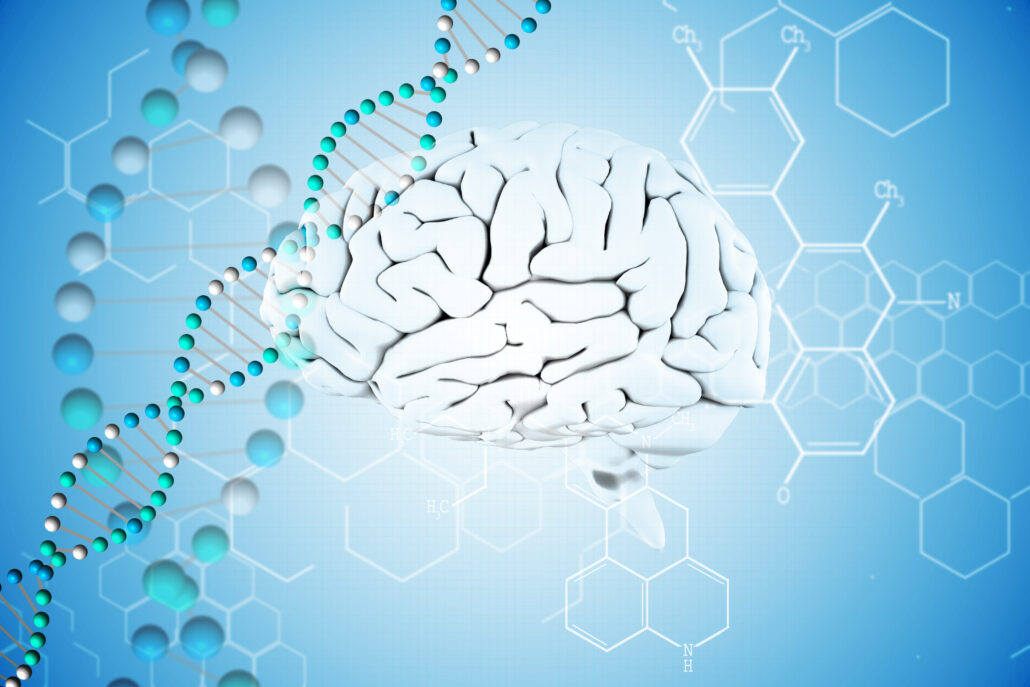
Putting it All Together
Aging isn’t something you have to take lying down. With just a few tweaks to your routine and the addition of a few foods and supplements, you can actively slow down or even reverse the effects of aging.
To see the power of lifestyle changes in action, look no further than a study published in The Lancet Oncology.[18] In this study, researchers had a group of men start a plant-focused diet, exercise for 30 minutes six days a week, and practice yoga or meditation for three months. After the three months, the researchers examined the men’s telomeres.
Telomeres are a lot like those plastic endcaps on shoelaces that stop the laces from fraying and falling apart. In each of our cells, we have telomeres that cap off the ends of our chromosomes and keep the DNA strands intact.
Cells replenish by copying themselves and each time they do, these telomeres get shorter and shorter. Eventually, they become too short to do their job, the DNA becomes damaged and the cell stops working.
For this reason, the length of our telomeres is considered an indicator of our biological (rather than chronically) age. The shorter our telomeres, the “older” our cells are and the more likely we are to succumb to age-related illnesses.
So what did the study find? After just twelve weeks of adopting these simple lifestyle changes, the men’s telomeres grew by a whopping 10 percent. As lead researcher Dr. Dean Ornish stated, “This study is the first of its kind that scientifically proves you can reverse aging at a cellular level through lifestyle changes.”[19]
With some adjustments in your lifestyle, you can turn the clock back on your cells too. If you want to take control of the aging process and feel better, schedule a consultation. You’ll learn how a personalized health strategy can let you live your life to the fullest.


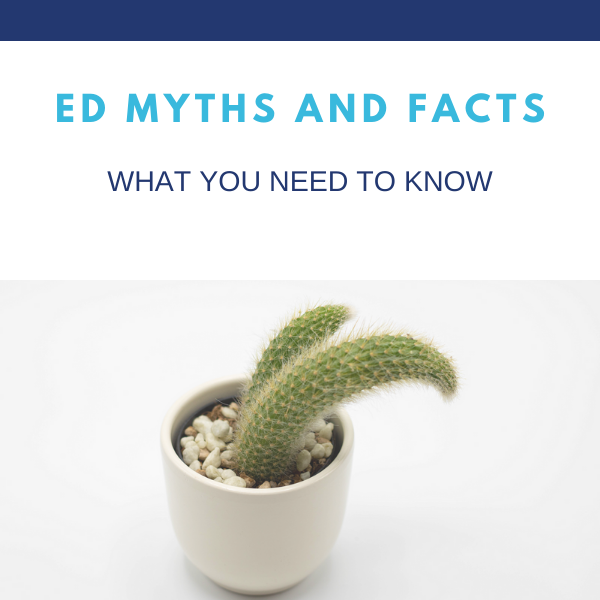




 In Male 2.0™, Dr. Tracy Gapin has turned everything we once thought we knew about men’s health and performance upside down. The old model of how to be “a man” is broken. A man who works himself to death. Unfortunately, a man who tries to NOT get sick but isn’t really healthy either. And a man who takes a pill for every ill but is never really cured. That was Male 1.0. Now, imagine being THE MAN ─ owning your performance in the bedroom, the weight room, and the boardroom. Living a fully optimized life. Becoming limitless. This is Male 2.0!
In Male 2.0™, Dr. Tracy Gapin has turned everything we once thought we knew about men’s health and performance upside down. The old model of how to be “a man” is broken. A man who works himself to death. Unfortunately, a man who tries to NOT get sick but isn’t really healthy either. And a man who takes a pill for every ill but is never really cured. That was Male 1.0. Now, imagine being THE MAN ─ owning your performance in the bedroom, the weight room, and the boardroom. Living a fully optimized life. Becoming limitless. This is Male 2.0!